
There are a host of YouTube videos emphasizing that it is essential to “deep clean” and “deep vacuum” the substrate of an aquarium at least once a week. We do NOT recommend doing this. “Deep cleaning” the substrate can be difficult and is very time consuming. And it has NO positive effect on the health of an aquarium. Indeed, in most cases it will have a slight negative effect on the health of an aquarium. In some cases, it can result in diseased and dead fish.
There is often a comment on social media along the lines of “Keeping these aquariums is just too much work. So I’m leaving the hobby“. This is just very unfortunate and unnecessary. This hobby does not need to be time consuming. This is the major reason we do not recommend deep cleaning with an aquarium vacuum. It is simply a pain in the butt.
The other reason we do not recommend deep cleaning the substrate is that uncleaned substrate in a well aerated, well biofiltered, mature tank will have a slight positive effect on the aquarium, especially if one has plants.
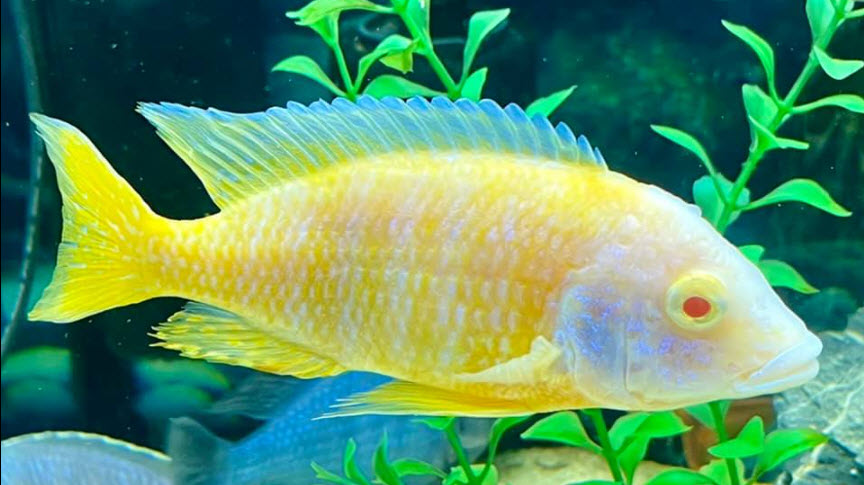
The Picnic Analogy
To understand why deep cleaning can actually be detrimental to an aquarium, an analogy can be drawn by using a human picnic. Imagine for a moment a picnic table loaded with things like egg salad and mayonnaise based potato salad. Let us picture two scenarios: one scenario where the picnic table is located outside in the wilderness and another scenario where the table is inside a very clean, secure, sterile greenhouse. In both scenarios the tables are just left alone for a week.
The table left out in the wilderness will attract the attention of all sorts of scavengers: raccoons, squirrels, crows, feral cats, coyotes, flies, ants, etc. They will come from miles around. And they will quickly eat the food. There will be little left at the end of the week.
The table in the secure sterile greenhouse will “ripen” and begin to smell quite evil. If one were to eat any of the food after even a day one would suffer some stressful consequences such as vomiting and intestinal upset.
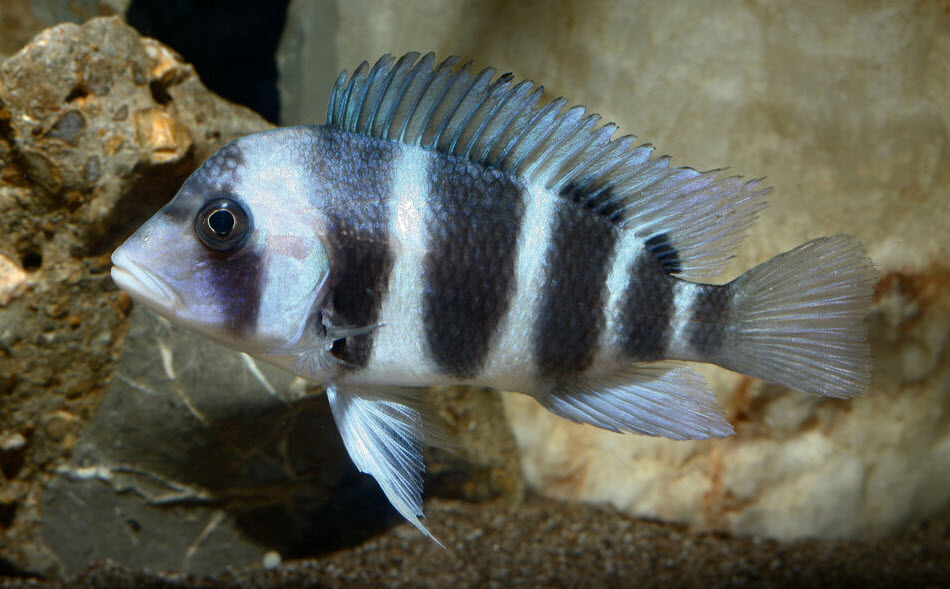
Now let us took at two aquariums with gravel substrates. One aquarium is a mature aquarium which has been inoculated with something like pond mud or plant roots. The other is a pristine aquarium which is religiously deep vacuumed every week. Now let us add some food to both aquariums which for what ever reason isn’t eaten and starts to decompose on and in the substrate. In the alternative imagine a fish has died in a far corner and started to decompose.
In the first scenario of the mature aquarium, there will be hundreds and possibly thousands of little organisms drawn to the food or the dead fish like sharks to blood. These organisms include metazoans like detritus worms and protozoans like amoebas. These organisms will rapidly eat the excess food and form some harmless brown “floc” as they do this.
In the second scenario only heterotrophic bacteria will grow on the food or the dead fish. These heterotrophic bacteria will produce what is called a “hypoxic” or low oxygen condition in the uneaten food or the dead fish. The bacteria which grow in hypoxic conditions often produce some “foul” organic compounds, some of which can stress out a fish just a little bit. These compounds typically smell “bad” or “like sewage”.
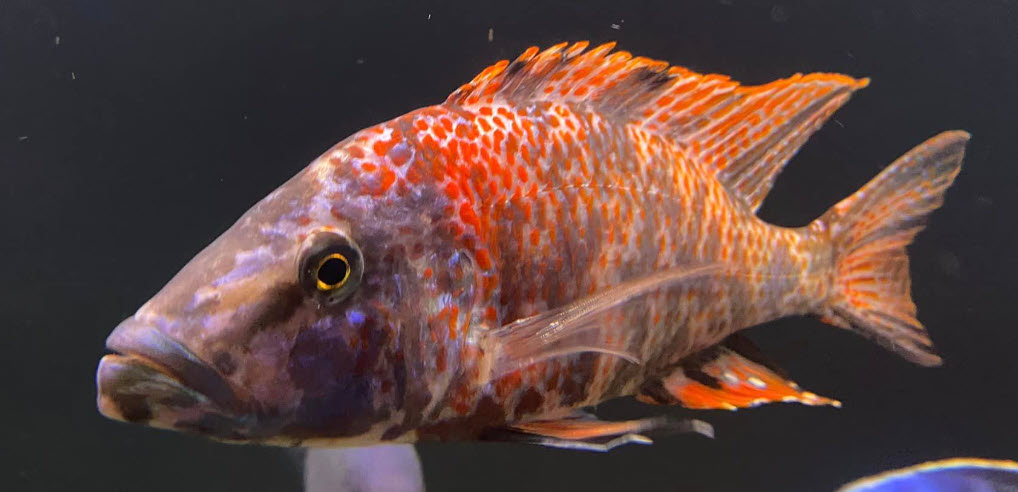
In addition these “heterotrophic bacteria” include such bacteria such as aeromonas and columnaris which can rapidly reach pathogenic levels in the water column. Fish will get fin rot, epistylis, tetrahymena and/or mouth rot very rapidly when these bacteria exceed pathogenic levels.
Now my point is that if one deep vacuums the substrate once a week one is just screwing up the natural “web-of-life” in an aquarium and POSSIBLY slightly stressing out one’s fish or even fueling a disease outbreak. So deep vacuuming is NOT something which I recommend.
Note that if a mulm forms in the aquarium ON TOP OF THE SUBSTRATE for whatever reason, it is perfectly fine to vacuum the mulm out on a regular basis. This will not harm the aquarium ecosystem and will probably help with the health of some bottom feeding fish.
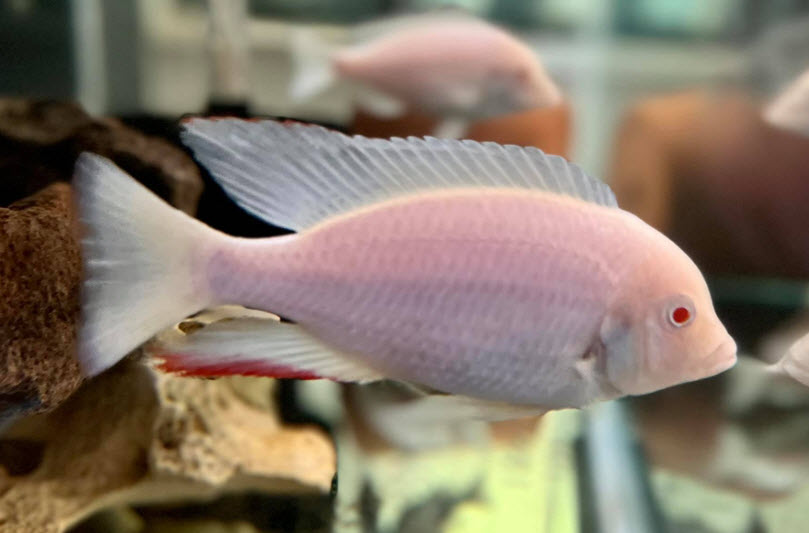
The Extreme Case
To any observation there will always be an exception. Easily 80% of the aquariums in the hobby have sufficient biofiltration that they cannot get into the position of being damaged from over feeding or a dead fish. This is true even if you vacuum the substrate weekly. But if one has poor biofiltration, one can have some problems with either overfeeding or a dead fish if one is overcleaning the substrate.
Another extreme case is where a whole series of conditions in a heavily stocked aquarium can result in what are called “hypoxic conditions” in the substrate. This requires a somewhat different approach to maintenance. This is covered in the following article:
18.5. Heavy Stocked Maintenance
Further Data
We go into all aspects of maintenance in the following links:
18.1. Aquarium Water Changes
18.2. Drip Water Changes
18.4. Cleaning the Filter
Return to the Maintenance Index Page
.
Aquarium Science Website
The chapters shown below or on the right side in maroon lead to close to 400 articles on all aspects of keeping a freshwater aquarium. These articles have NO links to profit making sites and are thus unbiased in their recommendations, unlike all the for-profit sites you will find with Google. Bookmark and browse!
.
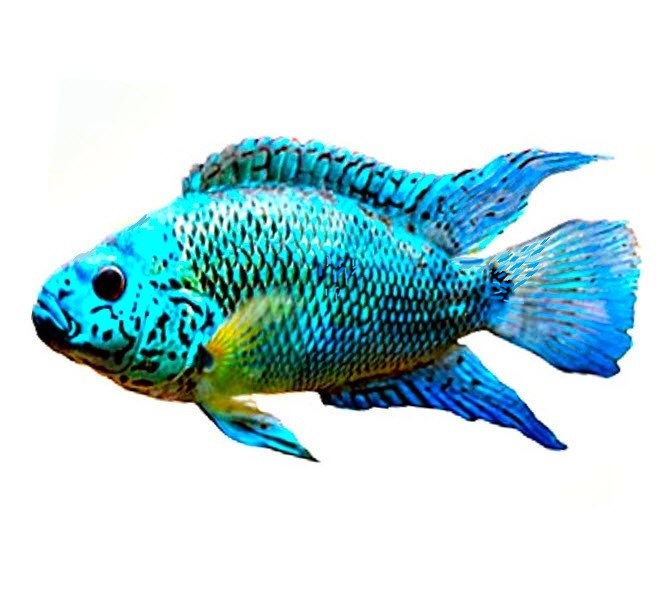
Leave a Reply